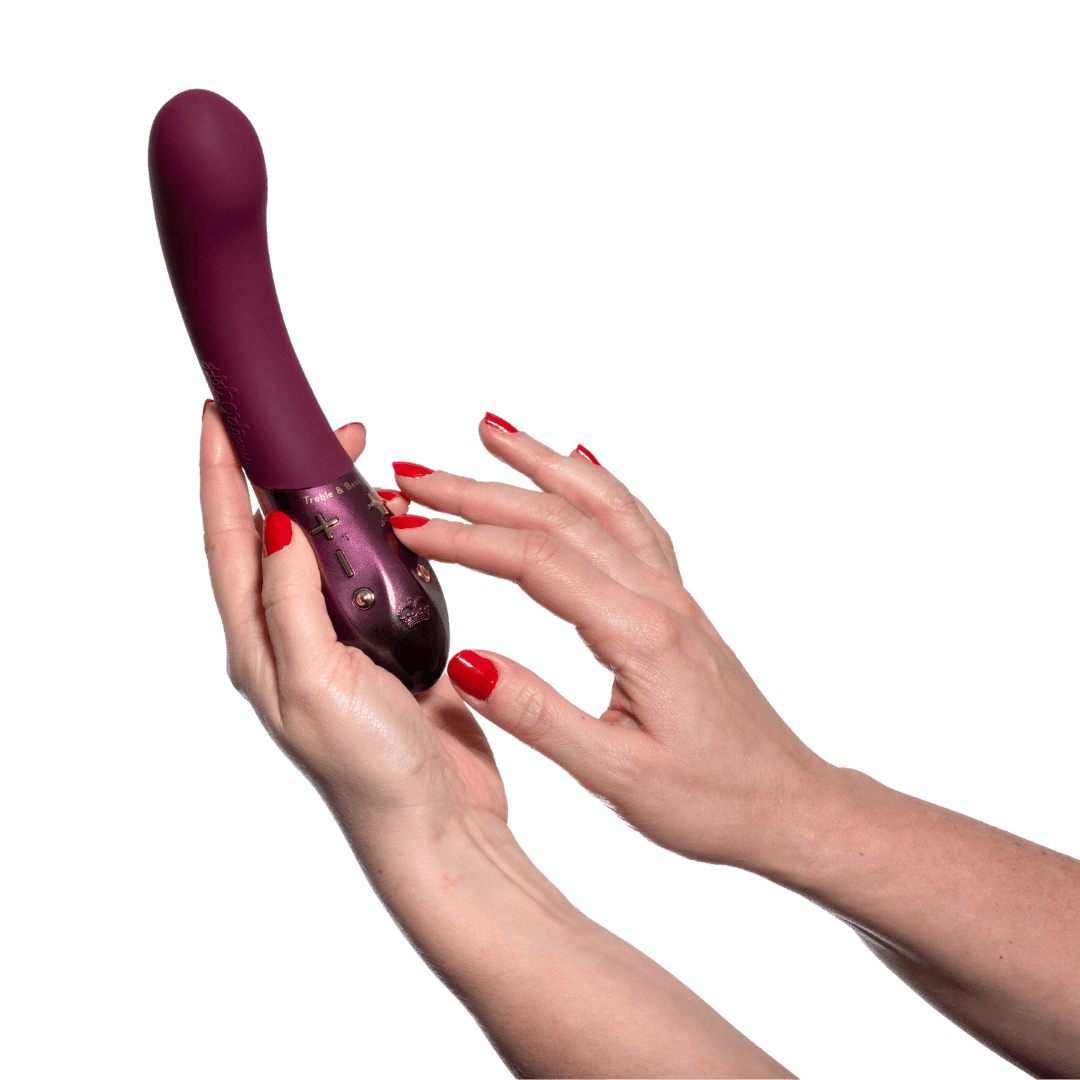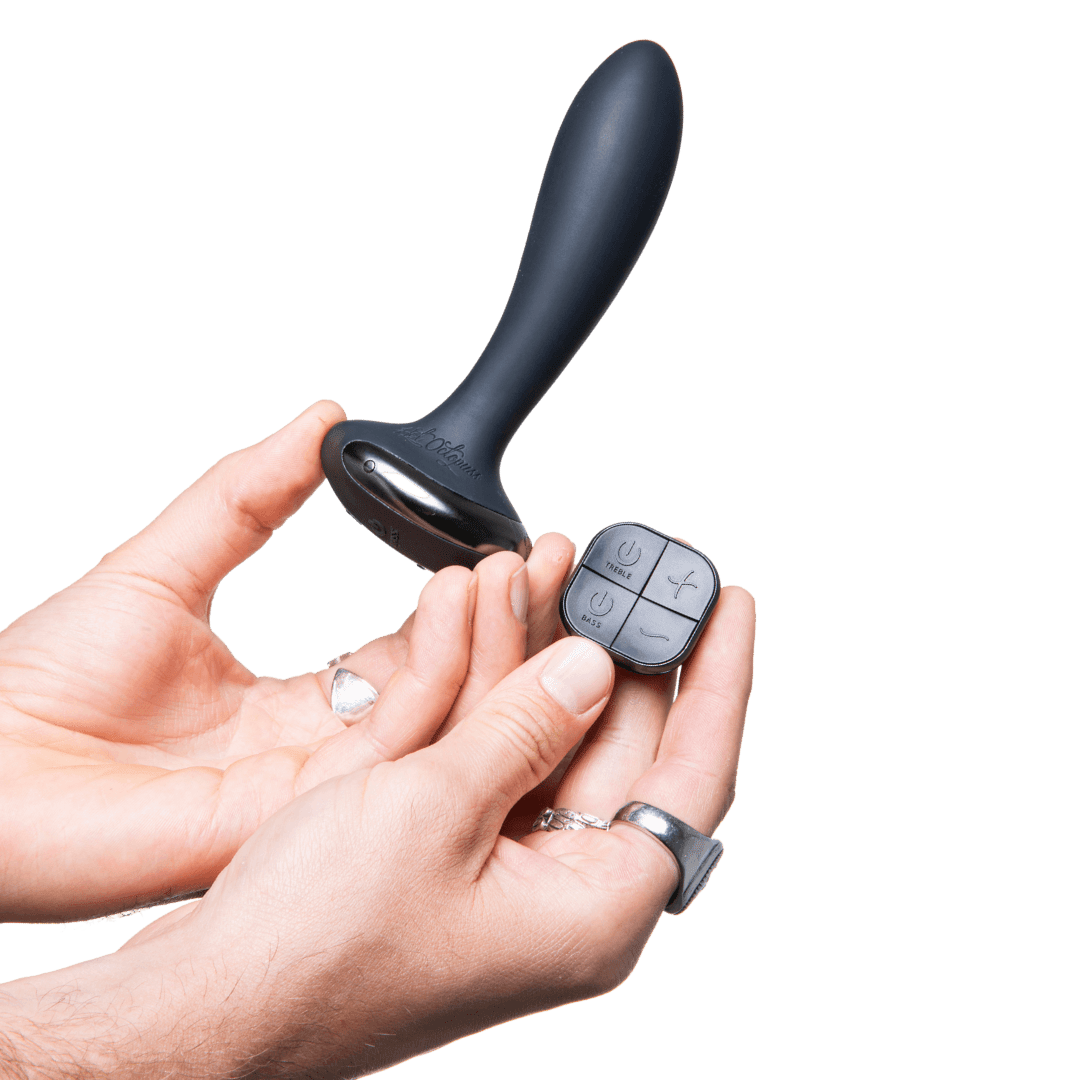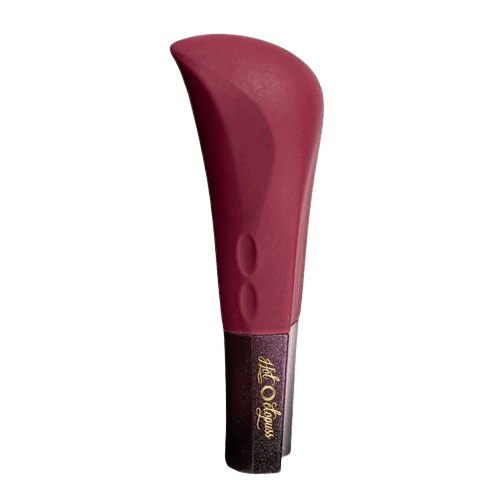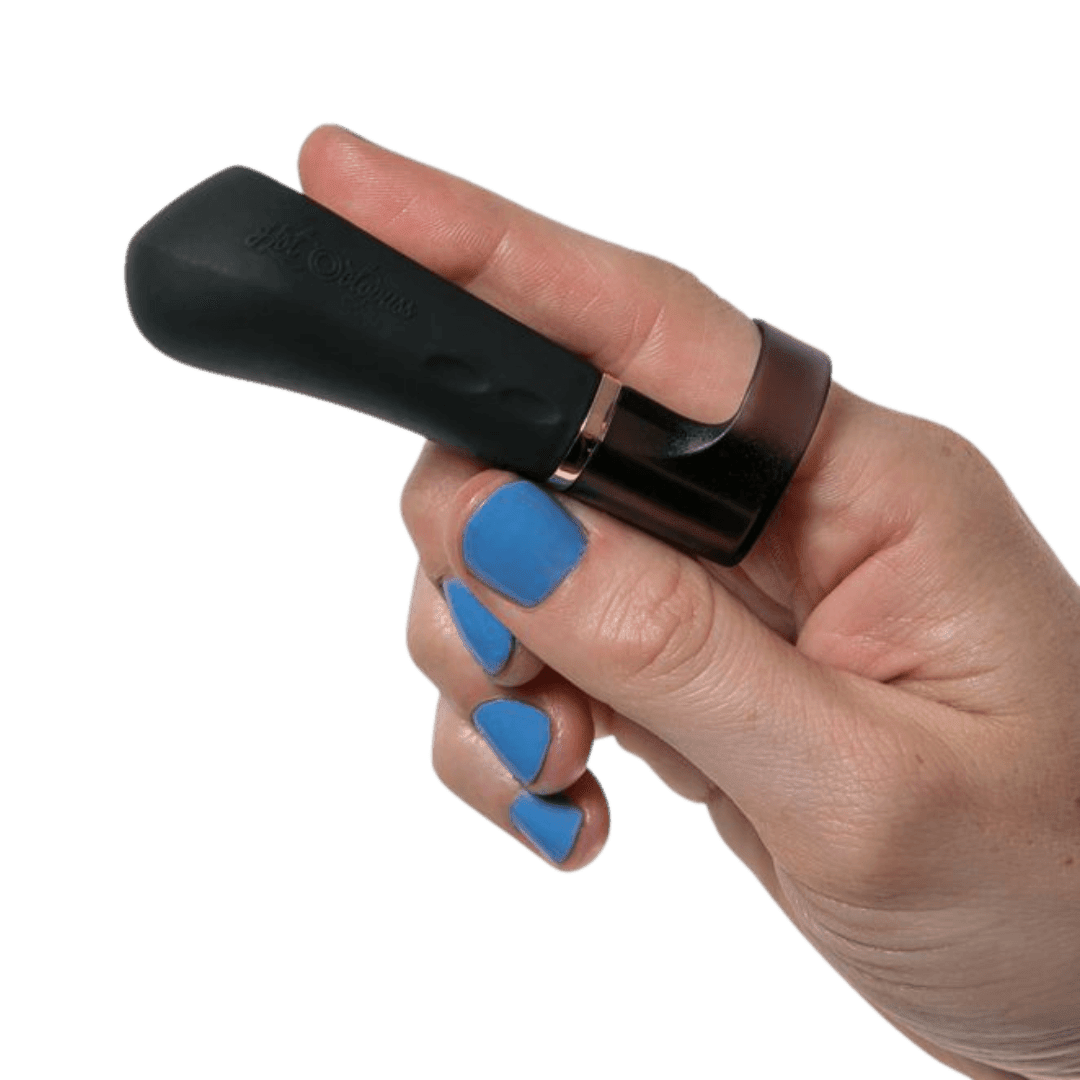Painful Sex At Menopause – What Can I Do?
13 September 2021


Painful sex at menopause – Going through the perimenopause and menopause might mean your sex life takes a turn for the worse – but, says Dr Louise Newson, it really doesn’t have to.
It’s common to experience painful vaginal sex at menopause – and it’s common to feel like you just have to ‘grin and bear it’ too. You may be too embarrassed to speak to your doctor – or you may find your doctor isn’t very receptive if you try to bring it up. But this needs to change – not least because there are so many options for dealing with these issues.
The root cause of painful sex at this time of life is changes in sex hormones. These hormones begin to fluctuate and then reduce in your mid- to late-40s (or even your 30s in some cases), and you might notice changes in your genital area and with your ‘waterworks’ – medically referred to as ‘genitourinary symptoms’. Many cis women and other vulva-owners notice more discomfort and dryness, but there are a lot of other factors at play too. These problems can worsen after the menopause so it’s worth knowing what’s going on and what can be done to minimise the impact.
It’s no wonder your sex life can take a hit when you look at the menopausal symptoms that can arise from a lack of estrogen and testosterone. You might have less energy than normal and have trouble sleeping. Your moods might range from tearful to irritable, from withdrawn to full-on rage, and it’s most often partners who end up on the receiving end of this.
Due to falling testosterone levels, your interest in sex may dwindle and ability to orgasm when you are in the mood may be trickier than before. Fatigue, mood swings and a loss of libido can be enough to affect your sex life, without even factoring in any genitourinary symptoms.
What might cause painful sex at menopause?
Turning to those genitourinary symptoms now, during perimenopause and menopause you might experience urinary problems like needing the toilet more often or having accidental leaks of urine, or you might suffer from infections like cystitis more frequently.
Less estrogen means less natural lubrication for your vagina and vulva and – combined with vulval tissue getting thinner – you might feel sore and itchy, or just have a general discomfort that you didn’t before. There is less of the good bacteria in your vagina to help fight off infections like thrush, so you may have more episodes of this too.
As well as vulval tissue getting thinner and drier, the wall of the vagina becomes less stretchy and flexible which obviously has implications for vaginal penetration and how comfortable that is.
So that’s the bad news – but here’s the good news: you don’t have to just accept these difficulties. There are really effective treatments out there for these issues, some of which you will need to get on prescription after talking to a health professional. Don’t let embarrassment put you off getting the right help – these are really common problems.
Hormone replacement therapy and other hormonal options
Hormone replacement therapy (HRT) can be effective at easing painful sex at menopause and other symptoms as you are simply replacing the hormones you have lost, and it is a lack of hormones that is causing these problems.
But if HRT is not for you, there is another way of giving your body the estrogen it needs – where it needs it. ‘Local’ or ‘topical’ estrogen can be applied directly to the vagina and vulva in the form of a cream, pessary or ring. This form of estrogen is in a very low dose but still needs to be provided by a health professional. Local estrogen is not the same as traditional HRT and it isn’t absorbed by your whole body, systemically. Here’s a bit more about the three main types of local estrogen:
Estrogen cream – branded as Ovestin in the UK, and Premarin Vaginal or Ortho Dienestrol in the USA. You insert the cream into the vagina using an applicator; some brands of cream can be spread on the vulva too to alleviate soreness.
Estrogen tablet/pessary – branded as Vagifem or Imvaggis. Vagifem is a pessary that you insert into your vagina using an applicator. Imvaggis is a lower dose alternative that is smaller and doesn’t require an applicator. Intrarosa is another type of pessary but it contains DHEA (a hormone we naturally produce); this converts into estrogen and testosterone, once placed inside the vagina.
Most users insert the treatments at bedtime, so it stays well inside the vagina for several hours while they sleep. You may get a waxy discharge with some brands.
Estrogen ring – such as Estring. This is a soft, flexible, silicone ring you insert inside your vagina which releases a steady dose of estrogen over 90 days. It needs to be replaced every three months. A health professional can insert the ring, or you can do it yourself. You can leave the ring in position to have sex, or you can remove and reinsert it, if preferred.
Further options to treat painful sex at menopause
As well as the treatments I’ve described, there are specialist moisturisers and lubricants tailored for menopausal symptoms of vaginal dryness and soreness. They act to keep the tissues well-hydrated and feeling more comfortable.
Moisturisers are for help throughout the day and are longer-lasting, so you might only need to use a moisturiser every two or three days, while lubricants are specifically for use when having sex. Moisturisers I often recommend are YES VM, Sylk Intimate, and Regelle. Sylk can also be used as a lubricant and YES have lubricants known as YES OB (oil based) or YES WB (water based). If you are using condoms for contraception, and use a lubricant when having sex, make sure it is a water-based lubricant as this type will not dissolve the latex in the condom.
If you decide to go for hormonal treatment options, your doctor should be willing to treat you for these symptoms. If you feel you are not being taken seriously, ask to see a new doctor. Your sex life is important at every age, and with the right support it can be fulfilling in perimenopause, menopause and beyond.
Dr. Louise Newson is a GP (family practitioner) and menopause specialist. She developed the Menopause Doctor website and is the founder of the ‘balance’ menopause app. Louise created both platforms to empower individuals with evidence-based information and provide tools to access safe and effective treatments for the menopause. Louise has no financial association with any companies that produce estrogen treatments, moisturisers or lubricants.







